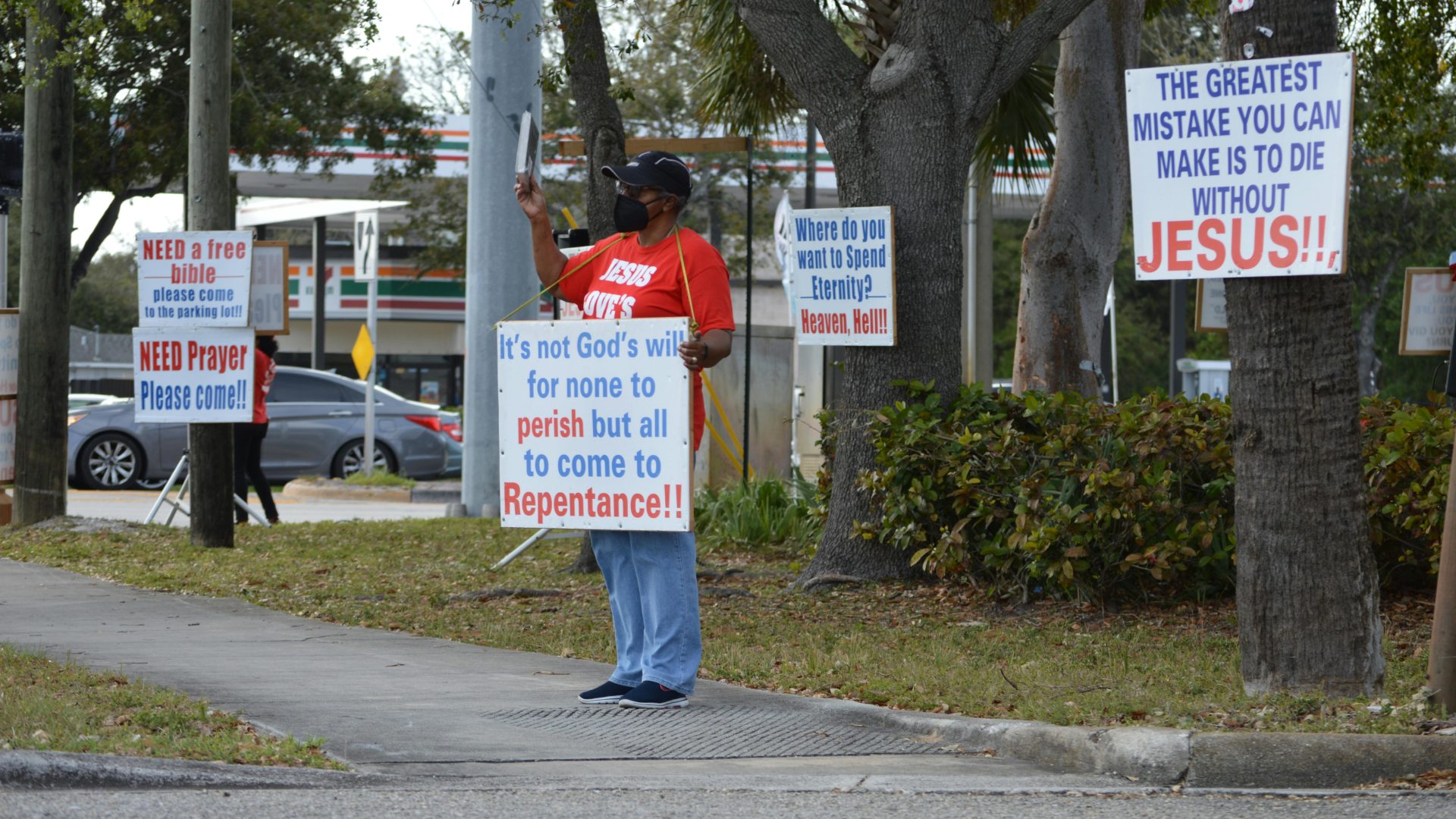Understanding the Disconnect Between Belief and Reality: Why Many People’s Convictions Are Not Based on Facts
In an age where information is more accessible than ever, it’s intriguing—and sometimes disconcerting—to observe how deeply entrenched beliefs can persist despite a lack of empirical evidence. Whether it’s the skepticism surrounding extraordinary claims or the steadfast adherence to unsubstantiated ideologies, human convictions often reflect more about identity and psychology than objective truth.
The Skepticism Toward the Extraordinary
Consider the hypothetical scenario of extraterrestrial beings landing in Times Square. Despite the spectacle and potential irrefutable evidence, many would still dismiss it as a hoax. This skepticism underscores how preconceived notions and biases shape perception, often overriding compelling evidence.
Risk Behaviors Despite Knowledge of Consequences
Many individuals continue to smoke cigarettes even though they are aware of the associated health risks. This paradox reveals how habits and identity can overpower rational understanding, illustrating that knowledge alone doesn’t necessarily drive behavior.
Faith and Belief Without Scientific Validation
Religious convictions are held dearly by billions worldwide, yet many of these beliefs lack scientific proof or physical evidence. While faith provides a sense of purpose and community, it also exemplifies how belief systems are rooted in subjective experience rather than empirical verification.
Political Divides and Partisan Loyalty
Political preferences often transcend factual accuracy. Supporters of figures like Donald Trump or Hillary Clinton tend to interpret information through a lens that reinforces their allegiance, frequently dismissing contrary evidence. This phenomenon highlights how political identity influences perception and belief.
Ignorance of Known Facts
Despite widespread knowledge about events like Jeffrey Epstein’s criminal activities or conspiracy theories surrounding September 11, many individuals choose to ignore or deny established facts. Such selective acceptance demonstrates how belief systems can persist despite overwhelming evidence.
Everyday Irrationalities
On a day-to-day basis, people commit seemingly illogical actions—like running red lights without necessity or requiring directional arrows despite familiarity with traffic rules. These behaviors point to habitual patterns and cognitive shortcuts that operate independently of conscious reasoning.
Debunked Myths and Controversial Topics
Contentious topics such as Holocaust denial, flat Earth theories, or conspiracy theories about significant historical events persist in the public discourse. Their endurance showcases how denial and misinformation can gain traction when they align with certain identities or worldviews.
The Complexity of Social and Political Issues
Discussions around race, gender, economics, and governance often reveal a profound lack of consensus. Deeply

0 thoughts on “There won’t be an ontological shock. Most people’s beliefs aren’t based on facts.”